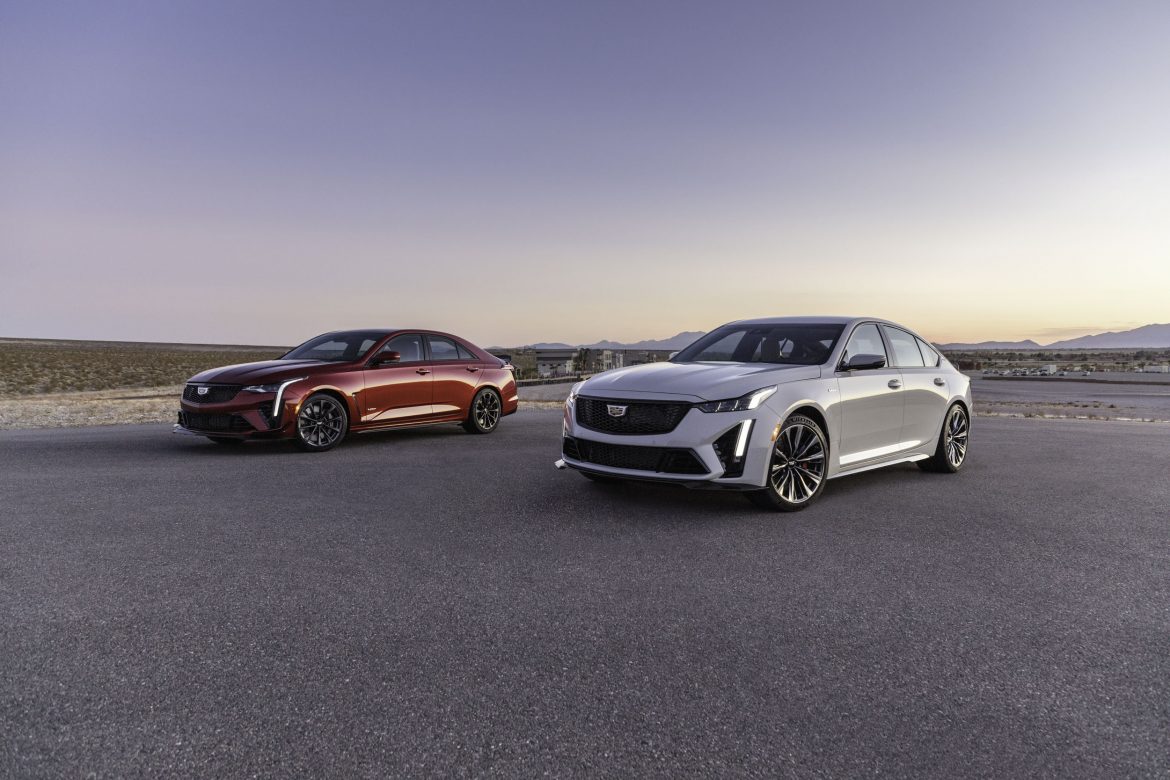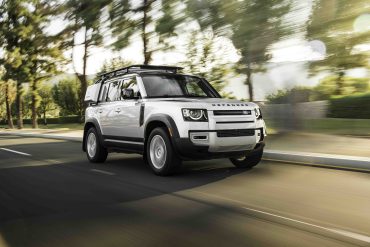Buying a used car can be a huge cost-saving exercise when compared to buying a brand new one, and whether you have a smaller budget to begin with, or you simply prefer getting a bargain, used is often better than new for a number of different reasons.
The only problem, however, is that, unlike when you buy a brand new car from a dealer, there can be many hidden issues and things to think about when you’re buying a used version. Bearing all this in mind before you part with your money will stop you from making a mistake – read on to find out what you should be considering so you can buy the best used vehicle possible.
KNOW WHAT YOU NEED
Before you can begin your search for a used vehicle, you’ll need to know just what it is you’re looking for. Unless you know this, it’s going to be very hard to determine which vehicles will go onto your shortlist and which should be ignored.
Ask yourself where you are going to be taking the vehicle and what kinds of roads it will be driven on. Think about who will be in the car with you, or whether it would be best to look at used Chevy, Dodge, and Ford trucks because you need to use the vehicle for work as well as your domestic requirements.
In other words, list out exactly what you need from your new vehicle and put it in order of priority. This will help you pick the best used vehicles to at least go and test drive, and potentially buy.
CONSIDER RUNNING COSTS
You’ll have a budget in mind when you’re buying a used car – this is one of the first things you’ll have to put in place, otherwise you could easily overspend or find an ideal car that proves to be too much money, leaving you disappointed when you can’t actually buy it.
Yet the budget you have put together needs to consist of more than just the initial purchase price of the car. There are always going to be other running costs that every car will bring with it, from the amount of gas it uses to how much a regular service will cost to the parts that might be needed and of course, tax and insurance.
Are you sure that you can afford all of these things as well as the money for the car itself? Make sure you investigate just what the running costs are going to before signing up for anything that is going to leave you seriously out of pocket in the long term.
KEEP AN OPEN MIND
Some cars, often unfairly, have a bad reputation. It’s usually because of a problem the maker had in the past that could have resulted in poor quality cars, and even though today’s models are great and of much better quality, that bad reputation sticks.
But what if one of these cars was actually the right one for you? What if you didn’t consider it because it was thought to be unfashionable or because it had an unpopular engine, or because it was from a brand that wasn’t a household name?
If this was the case, you would be missing out on a great deal and a great car and possibly making your search a much longer and more expensive one than it ever needed to be. Therefore, don’t judge too quickly when you’re searching around and make sure you keep an open mind; it really doesn’t matter what anyone else thinks, and if you can save a few hundred and get yourself a fantastic car that you’ll love once you start driving it regularly.
GET A VALUATION
Just because you think something appears to be a great price, it’s worth getting a valuation on it from an expert (especially if you’re buying from a private seller, as they might not know how much the car is worth and be charging too much. Or they might know exactly what it’s worth but they’re hoping that buyers won’t).
This way, you can be sure you’re paying around the right price, and if you want to negotiate, you’ll know what’s fair. You’ll also know when to walk away; no matter how much you like a car, if it’s going to cost more than it should, it’s not worth it – there will be others that are much better value and that are just as good (and perhaps better).
You don’t have to find a professional to help value your potential new car unless you want to since there are plenty of online tools that will help you. Remember, though, these are only approximate prices, and you will need to consider the condition of the car and any extras it might have when determining exactly the right price for you.
HAGGLE
One of the most important elements of buying a used car is haggling when it comes down to the final deal. Not everyone is going to be comfortable doing this, but if you have a limited budget and you want to get a great deal, it’s something you might have to do. Try practicing at home to give yourself a head start; what reasons would a car seller have for not giving you a discount if you’re asking for one? Think through all the different scenarios you can imagine and come up with a solution for each one. In this way, you’ll feel much more prepared.
Don’t forget that the seller is more than likely expecting you to want to haggle on the price, and they might even have advertised the cost as higher to take this into account. When you look at the vehicle, make a note of anything that is going to mean you’ll have to pay out again in the future; worn tires are a great example. This can be a great bargaining tool and could reduce the price especially if the seller is keen to see the car go.
Photo Credit: Cadillac


